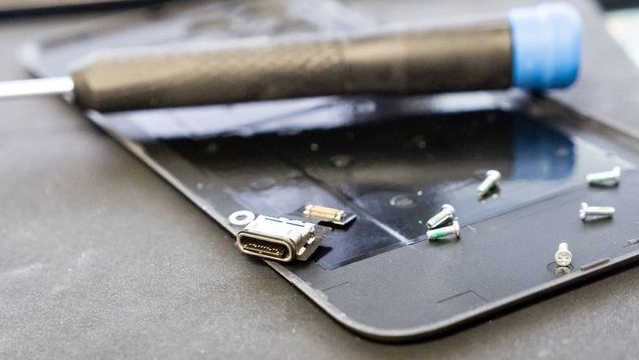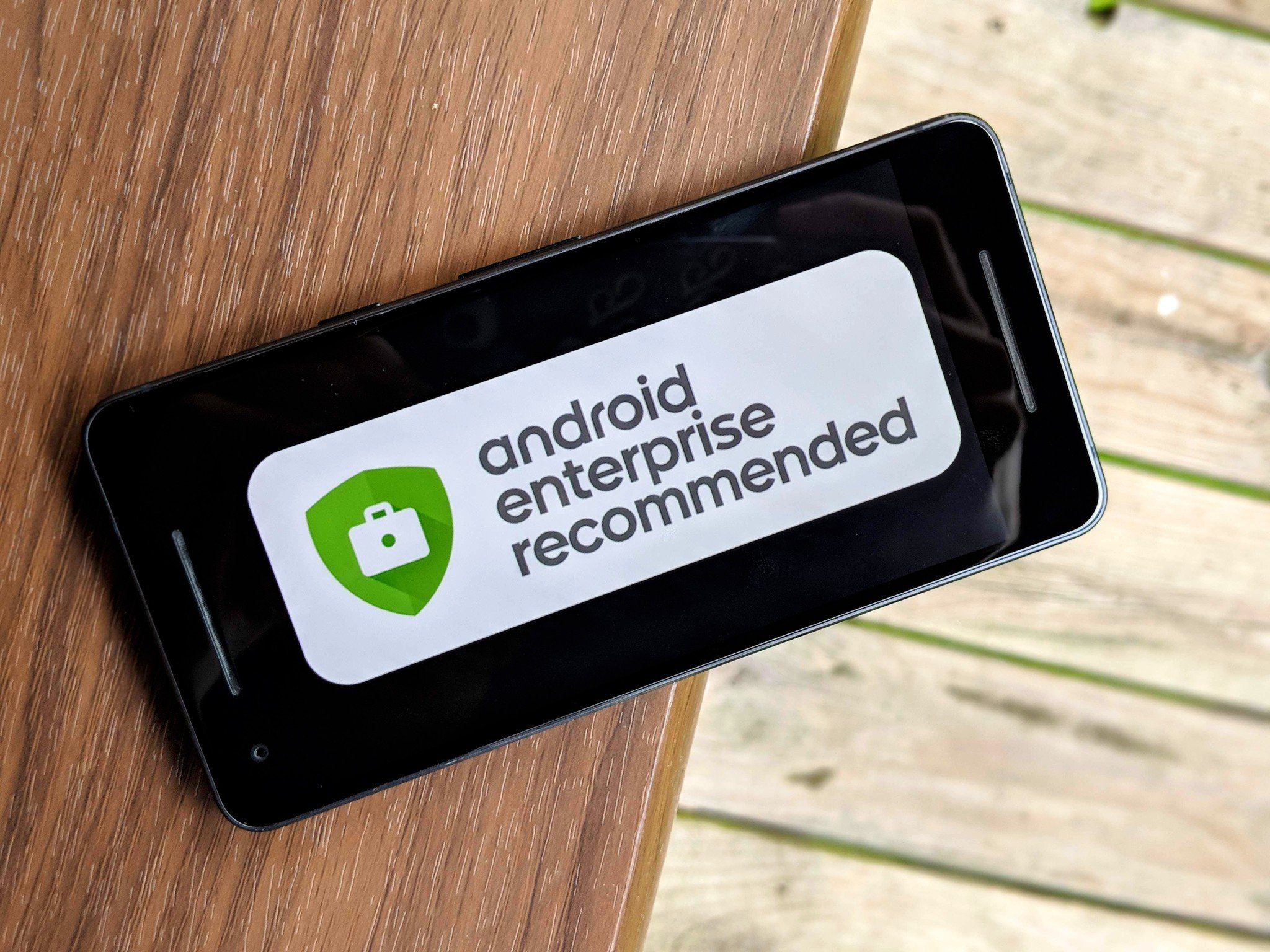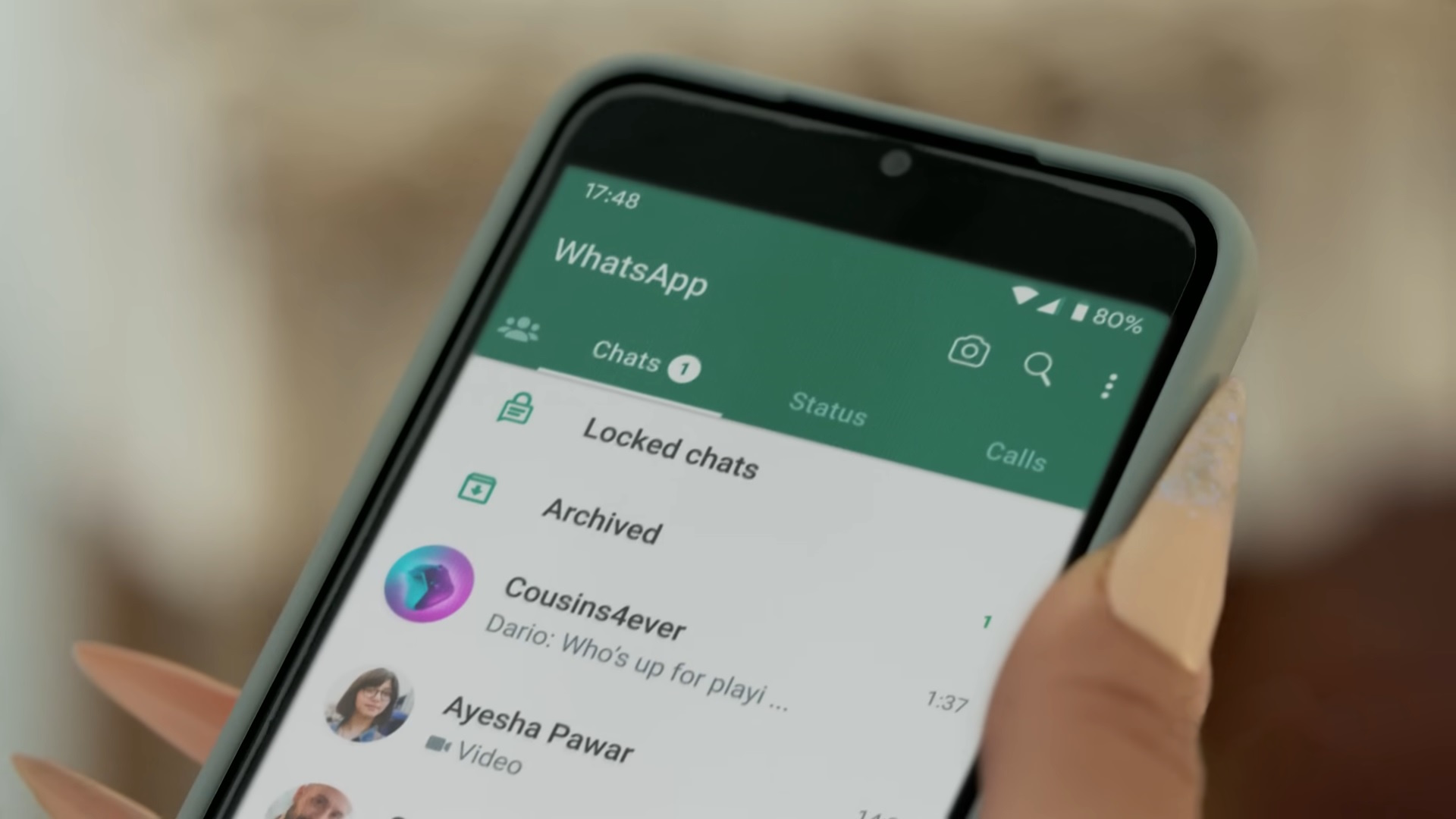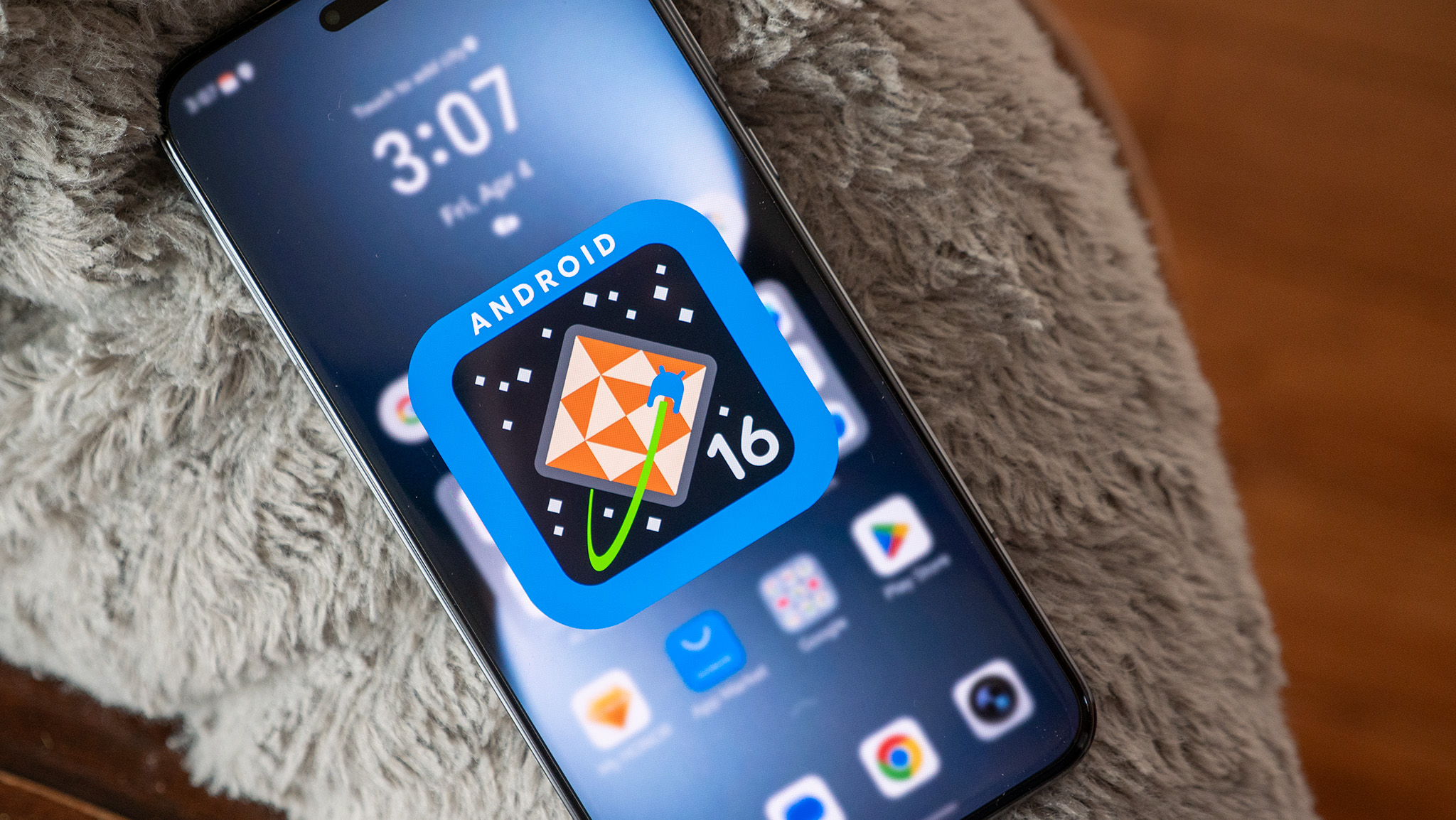Tech Talk: What you need to know about crossing the US border with your phone
A weekly look at how things work, and why.

Welcome to Tech Talk, a weekly column about the things we use and how they work. We try to keep it simple here so everyone can understand how and why the gadget in your hand does what it does.
Things might get a little technical from time to time because that's the nature of tech — it can be complicated and intricate. Together we can break it all down and make it accessible, though!

How it works, explained in a way that everyone can understand. Your weekly look into what makes your gadgets tick.
You might not care how any of this stuff happens, and that's OK, too. Your tech gadgets are personal and should be fun. You never know though, you might just learn something ...
Can border patrol search your phone at the U.S. border?
Something a little different this week, but it's in the news cycle and is a subject full of questions with very few answers given. I'm talking about crossing into the U.S. and getting your phone searched.
This isn't anything new, or anything because of Donald Trump and Elon Musk. It started in 2009, and according to what senior intelligence officials have told NBC News, ramped up in 2016 when the FBI was unable to stop American citizens from conducting attacks inside the country they call home.
It's also not unique to the U.S. and many countries will want to look at your phone, tablet, and laptop upon arrival. I can only speak of what I know, though, so this is going to be very U.S.-centric.
Be an expert in 5 minutes
Get the latest news from Android Central, your trusted companion in the world of Android
Civil rights groups and lawmakers are split over the constitutionality of this, but the Department of Homeland Security stands firm that it can conduct warrantless searches of electronics at the U.S. border and they have more guns so they win.

Can I refuse? Should I?
Yes, you can refuse but not without consequences. Those depend on your citizenship status.
If you are an American citizen your electronics can be forcibly removed from your person, but you can not be compelled to provide the password. I said password intentionally here because court cases have affirmed that law enforcement can force you to provide a fingerprint or other form of biometric authentication but can not compel you to give up your password.
Your device can be held for an undetermined amount of time or even denied entry, but you can not be because you did not provide your password. they'll have to find another reason if they want to deny you entry or detain you, and they probably will.
If you are not a U.S. citizen the answer is easier; turn over the phone and the password if asked or go back home. The government says you have no right to enter the country and you have to follow all rules and directives to gain access. If you don't, you are turned away.
As for what you should do, well that's not for me to say. I know what I would do and why: I would tell them I am a U.S. citizen and they can pound sand, let them hold me against the wall and pull my phone out of my pocket, and never tell them the password. I will never give up an inch of my liberty willingly and unless they helped pay for the phone or the service, they aren't getting it.
That's a narrow and possibly dangerous way to think and I can't recommend it. But you need to ask yourself the same question and form your own answer.
How to prepare your phone

The first thing to do if you carry a work phone is ask your boss what to do. Your company probably has very strict access rules for its information and may have an existing policy; a large car manufacturer has told its employees to refuse and get on the first plane back to Germany, for example.
For your personal device, you can do a few things to minimize your personal risk. There are two levels of search, a basic search and a seizure. For a basic search an officer will gain access and look through your device, They will look at your photos, messages, social media, etc. to see if they find anything suspicious.
The next level involves an agent connecting your phone to equipment that clones the data so it can be looked at more thoroughly. This requires "reasonable suspicion" though what that is has never been defined.
What I would do if I were a foreign national on the way into the U.S., and what I'll recommend to you isn't difficult at all: don't give them any reason to be suspicious.
Do not wipe your phone. Presenting a phone that's been reset is the opposite of not acting suspiciously. Don't do it.
Turn off biometrics. this doesn't protect you if you're not a citizen, but it's a hurdle that's not suspicious. If they want in, make them ask and allow access on your terms.
Make sure you haven't turned off encryption. That's not easy to do and unless you did something you found on the internet, you probably didn't. This goes for your apps, their associated data, and the entire contents of the phone itself. When the screen is locked, everything should be encrypted.
Don't delete your social media. Clean it up instead. Delete any posts you think might cause you trouble in case they are saved on your phone.
Delete your local data. Go through your photos, your application cache, your browser history, and anything else that stores what you're been doing and erase it.
Disconnect your phone from the internet. CBP is not allowed to look through your online data, but your apps often present it when opened. If you're not connected, they can't. Legally, an officer is required to ask you to disconnect from the internet before a search of your phone is started. Don't wait for them to ask.
Don't be a jerk. It might be tempting and I know I would do or say something stupid, but try not to. If you're acting like a jerk they might, too. Follow directions and ask questions respectfully no matter how you feel about the situation.

Realistically, your phone probably isn't going to be searched upon entry. Certain groups have a higher chance (no, we're not diving into that plie of racism and xenophobia) and are treated differently, but at most expect a cursory look at your phone when you come into the country.
If it does happen, be prepared. It's a price you might have to pay if you want to visit the U.S.

Jerry is an amateur woodworker and struggling shade tree mechanic. There's nothing he can't take apart, but many things he can't reassemble. You'll find him writing and speaking his loud opinion on Android Central and occasionally on Threads.
You must confirm your public display name before commenting
Please logout and then login again, you will then be prompted to enter your display name.
